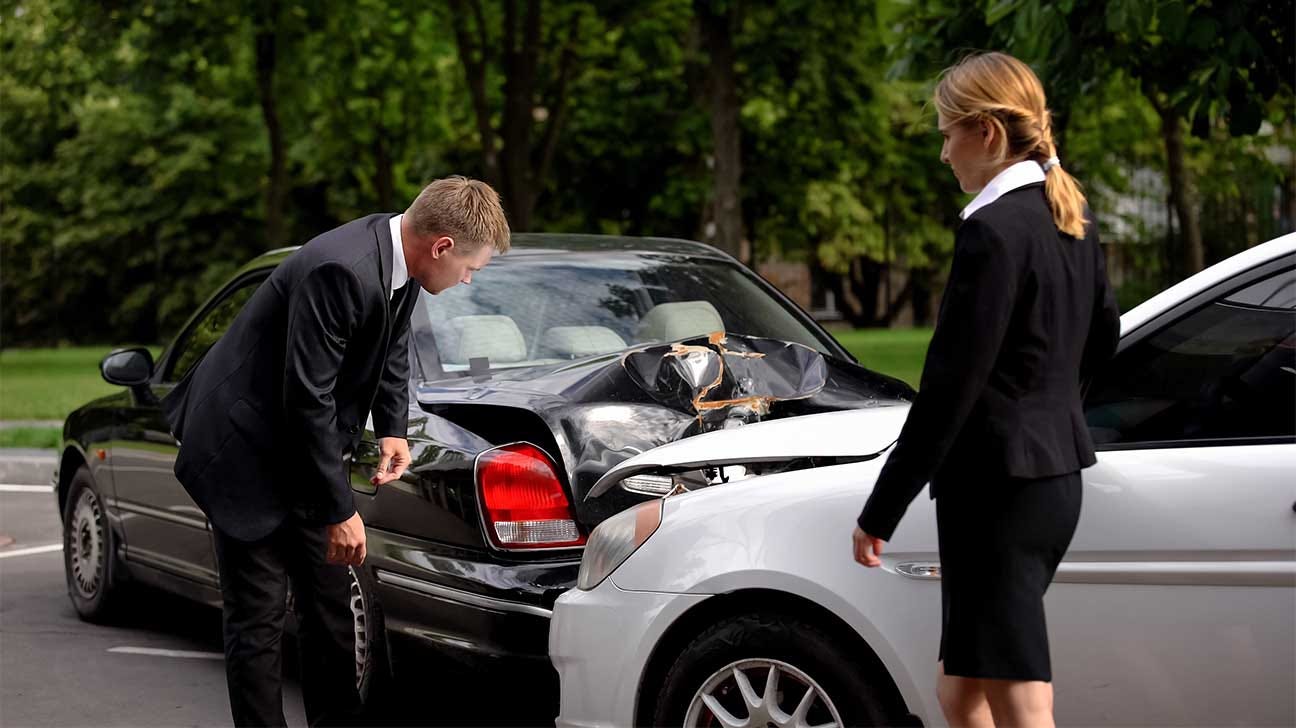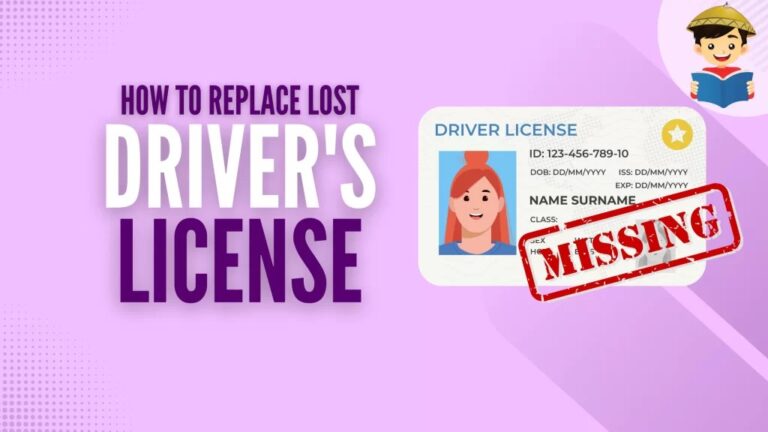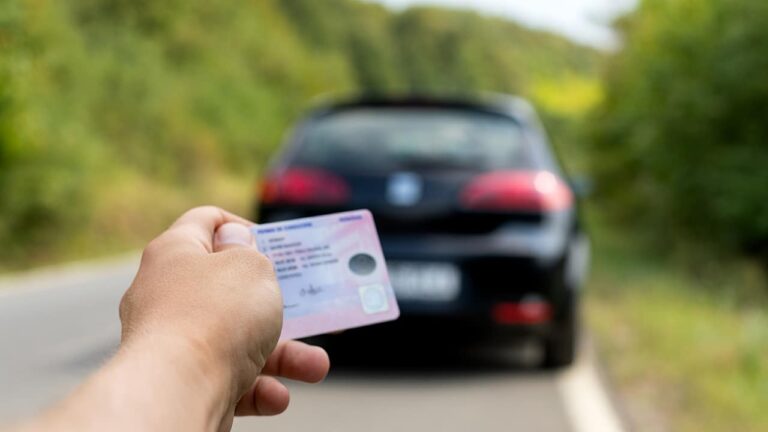Accident Lawyer Guide 2025: Get Fair Compensation
Introduction — Why Accident Lawyers Matter in the U.S.
Every year, millions of Americans are involved in traffic, workplace, or slip-and-fall accidents that lead to medical bills, lost wages, and emotional trauma. According to the National Safety Council (NSC), over 5 million auto accidents occur annually in the U.S., many resulting in serious injuries.
In such situations, hiring an accident lawyer isn’t just helpful — it’s often the difference between getting fair compensation and walking away empty-handed. These legal professionals know how to navigate insurance negotiations, gather evidence, and fight for justice when you’re dealing with physical pain and financial stress.
What Does an Accident Lawyer Do?
An accident lawyer, also called a personal injury attorney, represents clients who have been physically or emotionally harmed due to someone else’s negligence.
Typical responsibilities include:
- Investigating accident scenes
- Gathering police reports, photos, and witness statements
- Negotiating settlements with insurers
- Filing lawsuits if negotiations fail
- Representing clients in court
Common cases handled:
- Car and truck accidents
- Motorcycle and pedestrian crashes
- Workplace or construction accidents
- Slip-and-fall injuries
- Wrongful death cases
When Should You Hire an Accident Lawyer?
It’s best to consult a lawyer as soon as possible after an accident, especially if:
- You suffered severe injuries or hospitalization
- The insurance company denies or delays your claim
- Multiple parties are involved in the accident
- You’re being blamed unfairly
Waiting too long can hurt your claim because key evidence (like dash-cam footage or witness memories) may disappear. Most accident lawyers offer free consultations, so there’s little reason to delay.
How Accident Lawyers Help You Win Fair Compensation
Insurance companies are in business to minimize payouts. That’s where an experienced lawyer makes the difference.
Here’s how they help:
- Estimate Real Damages: Calculate total costs — medical, lost income, pain, and suffering.
- Handle Insurers: Manage communication to prevent lowball offers.
- Prove Liability: Gather evidence like traffic-cam footage, expert reports, and witness statements.
- Negotiate or Litigate: Settle fairly or take your case to court.
“A good accident attorney levels the playing field against powerful insurance adjusters,”
says Erica Johnson, Esq., Florida-based personal injury lawyer.

How to Choose the Right Accident Lawyer in the U.S.
Key factors to consider:
- Experience: Choose attorneys who specialize in accident or injury law.
- Reputation: Check online reviews and disciplinary history via your state’s Bar Association website.
- Communication: Look for clear, responsive, and transparent updates.
- Success Rate: Ask about past settlements or verdicts.
🧾 Fee Structure Comparison
| Type of Fee | Description | When You Pay |
| Contingency | Percentage of settlement (33–40%) | Only if you win |
| Hourly | Set hourly rate | During case |
| Flat Fee | One-time payment (rare) | Upfront |
💡 Most accident lawyers in the U.S. work on contingency — meaning you pay nothing unless they win your case.
Costs & Fee Structures Explained
A common misconception is that hiring an accident lawyer is expensive. In reality, you pay nothing upfront in most cases. Attorneys take a portion of your settlement — typically 33% to 40% depending on case complexity.
If you lose, you generally owe no attorney fees, but you might still cover court filing costs. Always clarify the fee agreement before signing.
U.S. Laws That Impact Accident Claims
1. State-Specific Rules
Some states follow no-fault laws (like Florida, Michigan, and New York), meaning your own insurer covers medical bills regardless of fault. Others are at-fault states, where the responsible driver’s insurance pays damages.
2. Statute of Limitations
You usually have 2–3 years from the date of the accident to file a claim. Deadlines vary by state — for instance, California allows two years for personal injury claims, while Maine allows six.
3. Comparative Negligence
In states like Texas or Illinois, your compensation may be reduced if you share part of the blame. For example, being 20% at fault means receiving 80% of the awarded amount.
Case Studies — Real U.S. Examples
🚗 California Car Crash Settlement
A driver rear-ended at a red light in Los Angeles hired an accident lawyer and recovered $125,000 after initially being offered just $25,000 by the insurer.
🚚 Texas Truck Accident Verdict
In Houston, a truck driver’s negligence caused a multi-vehicle crash. The victim’s lawyer proved fatigue and log violations, resulting in a $1.2 million jury award.
Tips to Maximize Your Settlement
- Document Everything: Take photos of injuries, vehicle damage, and accident scenes.
- Get Immediate Medical Care: Medical records prove injury severity.
- Avoid Early Settlements: Never accept the first offer without legal advice.
- Track All Expenses: Include therapy, lost wages, and transportation.
- Stay Off Social Media: Posts can be used against your claim.
Infographic idea: “5 Mistakes That Can Ruin Your Accident Claim.”
Common Challenges in Accident Cases
- Insurance Delays: Companies may stretch investigations to exhaust you.
- Low Offers: Adjusters offer minimal settlements hoping you’ll accept.
- Shared Fault Claims: Opposing parties may argue partial blame.
- Lack of Evidence: Missing witness statements or reports can weaken your case.
A seasoned lawyer mitigates these risks by handling communication, ensuring proper documentation, and filing suit if needed.

The Future of Accident Law in America
The U.S. legal landscape is evolving fast:
- AI-Driven Evidence Review: Software now scans medical records and dash-cam data.
- Digital Case Management: Clients track cases online.
- Tele-Legal Consultations: Remote meetings have made legal help more accessible.
- Focus on Distracted Driving: As smartphone use increases, more claims involve texting-related accidents.
According to Statista, distracted driving accounted for nearly 14% of fatal crashes in 2024, and that number continues to rise — making accident lawyers even more essential.
FAQs — Accident Lawyer Questions Answered
1. What does an accident lawyer do?
They represent clients injured in accidents, handle insurance negotiations, and pursue legal claims to recover financial compensation.
2. How much does an accident lawyer cost?
Most work on a contingency basis, taking 33–40% of your settlement — no upfront payment required.
3. How long do accident claims take to settle?
Minor claims may settle in 3–6 months, while complex cases can take a year or more.
4. Do I need a lawyer for a minor car accident?
If injuries or damages exceed a few thousand dollars, or liability is unclear, hiring a lawyer is recommended.
5. Can I switch accident lawyers during my case?
Yes, though you may still owe your previous lawyer for work already done — review your agreement before switching.
6. What happens if I lose the case?
In contingency-based arrangements, you typically owe no legal fees unless your lawyer wins compensation.
7. Are accident settlements taxable?
Most personal injury settlements are tax-free under IRS rules, except for punitive damages or lost wages.
Conclusion — Protect Your Rights After an Accident
Hiring an accident lawyer is one of the smartest steps you can take after an accident in the U.S. These professionals understand the law, handle insurers, and fight for your right to full compensation.
If you’ve been injured, don’t face the insurance companies alone. Consult a trusted lawyer as soon as possible to protect your rights and get the settlement you deserve.
👉 Call to Action: Visit Book DMV Appointment to learn more about car accident insurance requirements and connect with experienced legal help today.






